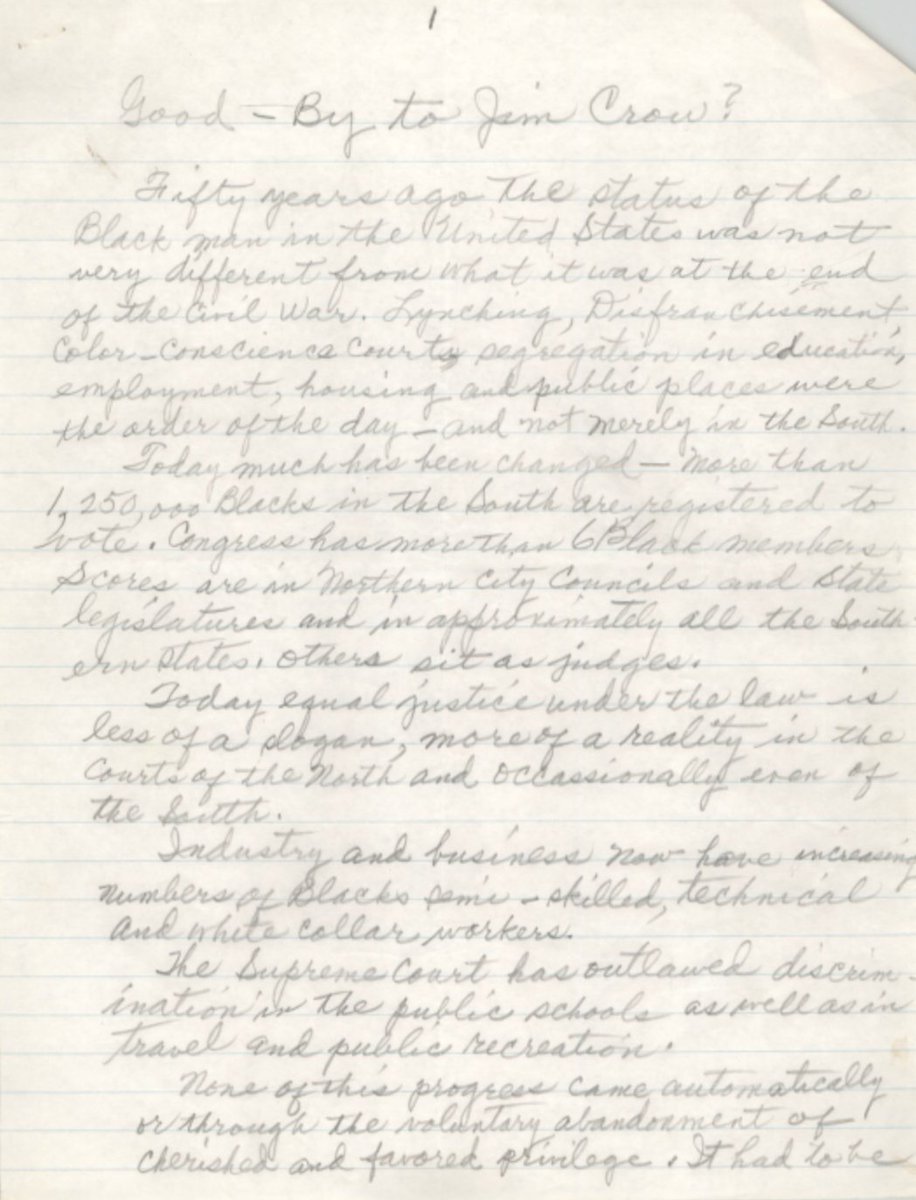
The official account of the Cite Black Women collective and podcast! A global Black feminist initiative to cite & honor Black women’s work👏🏾📚✍🏾❤️!!
How to get URL link on X (Twitter) App


 In 1892, Cooper published A Voice from the South by a Black Woman of the South, where she argued that educating Black women was integral to Black liberation and uplift. You can read the book here: docsouth.unc.edu/church/cooper/…
In 1892, Cooper published A Voice from the South by a Black Woman of the South, where she argued that educating Black women was integral to Black liberation and uplift. You can read the book here: docsouth.unc.edu/church/cooper/…
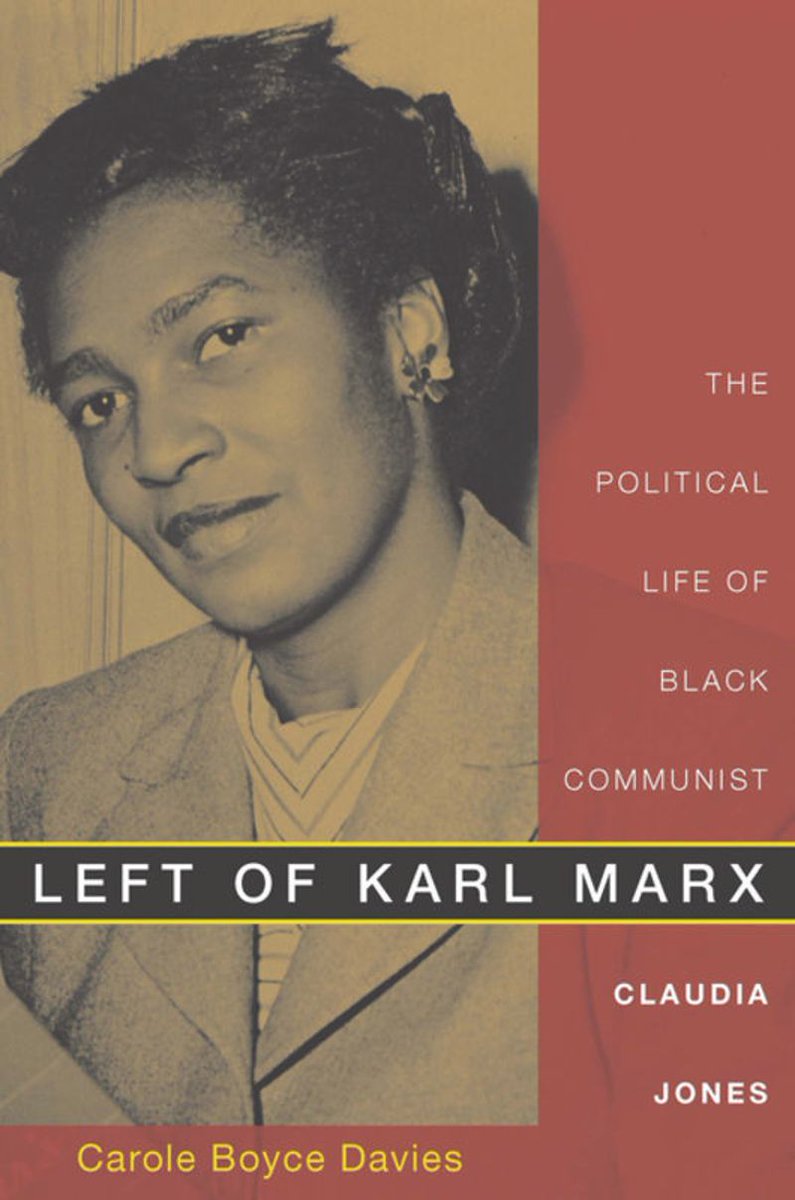
 This iconic text locates Claudia Jones within and beyond the politics of the Communist Party, demonstrated in her commitment to including the domestic economic exploitation of Black women as part of a larger fight against imperialism and colonialism.
This iconic text locates Claudia Jones within and beyond the politics of the Communist Party, demonstrated in her commitment to including the domestic economic exploitation of Black women as part of a larger fight against imperialism and colonialism.

 VIDEO: Katharine Dunham speaks and dances at home base, Habitation Leclerc, Martissant neighborhood of Port-au-Prince, Haiti, 1962
VIDEO: Katharine Dunham speaks and dances at home base, Habitation Leclerc, Martissant neighborhood of Port-au-Prince, Haiti, 1962 
 Her innovative work such as Mules and Men (1935), Their Eyes were watching God (1937), and Tell my Horse (1938) are all cornerstone in understanding the ways Black ethnographers do work in Black spaces. The care, the complexity, the importance of storytelling exist in her writing
Her innovative work such as Mules and Men (1935), Their Eyes were watching God (1937), and Tell my Horse (1938) are all cornerstone in understanding the ways Black ethnographers do work in Black spaces. The care, the complexity, the importance of storytelling exist in her writing

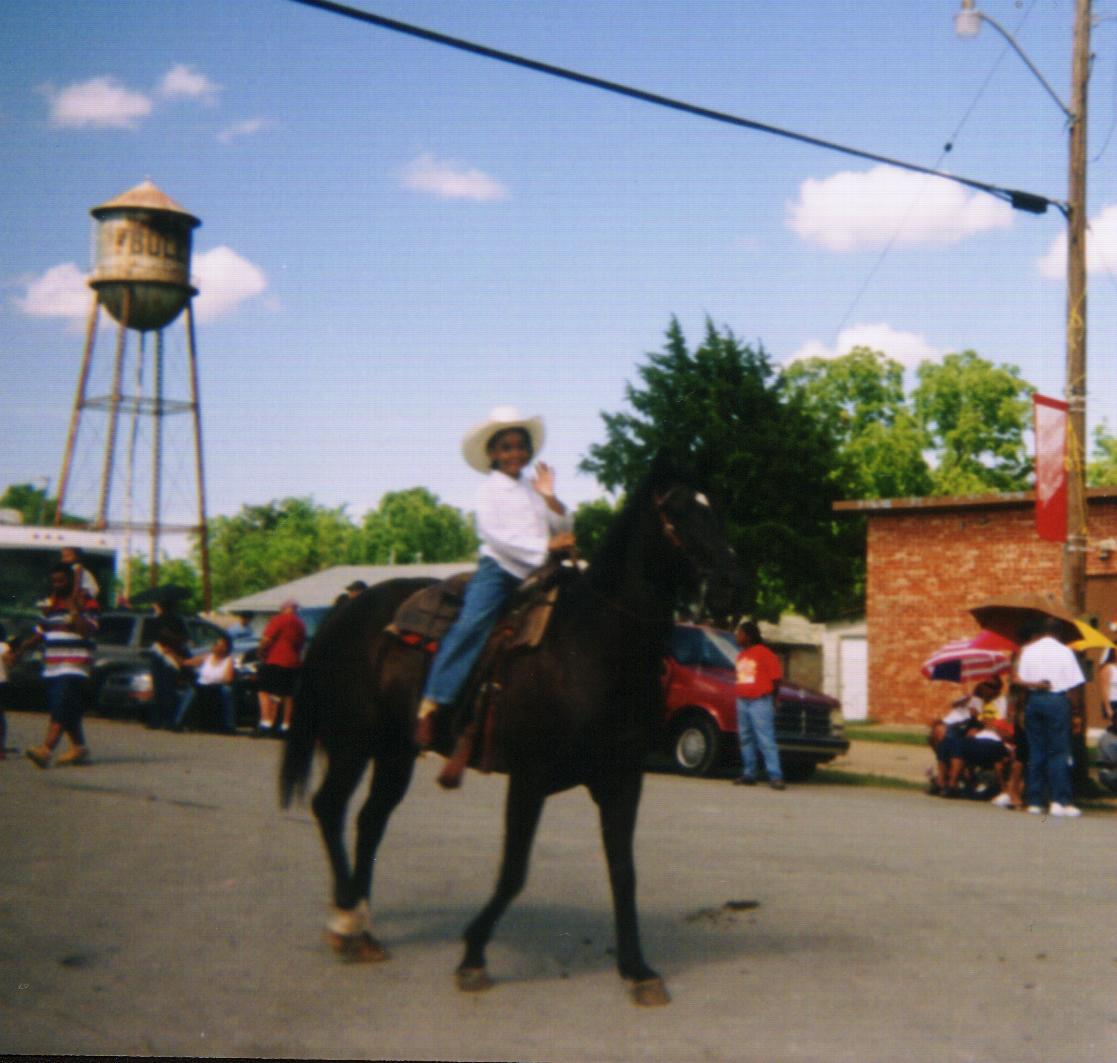

 Emancipation Park in Houston was purchased by Freedmen in 1872. It has hosted #Juneteenth celebrations like the one these lovely ladies participated in ever since. #CiteBlackWomen
Emancipation Park in Houston was purchased by Freedmen in 1872. It has hosted #Juneteenth celebrations like the one these lovely ladies participated in ever since. #CiteBlackWomen 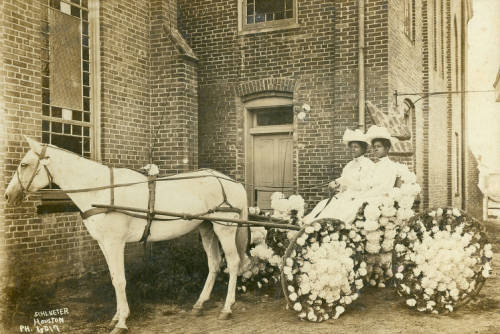
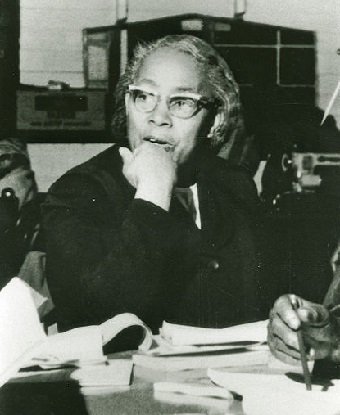
 For example, her handwritten essay "Good-bye Jim Crow" encapsulates her analysis of the political reverberations of the Civil Rights Movement and its impact on U.S. society. #MLKDay #CiteBlackWomen
For example, her handwritten essay "Good-bye Jim Crow" encapsulates her analysis of the political reverberations of the Civil Rights Movement and its impact on U.S. society. #MLKDay #CiteBlackWomen 